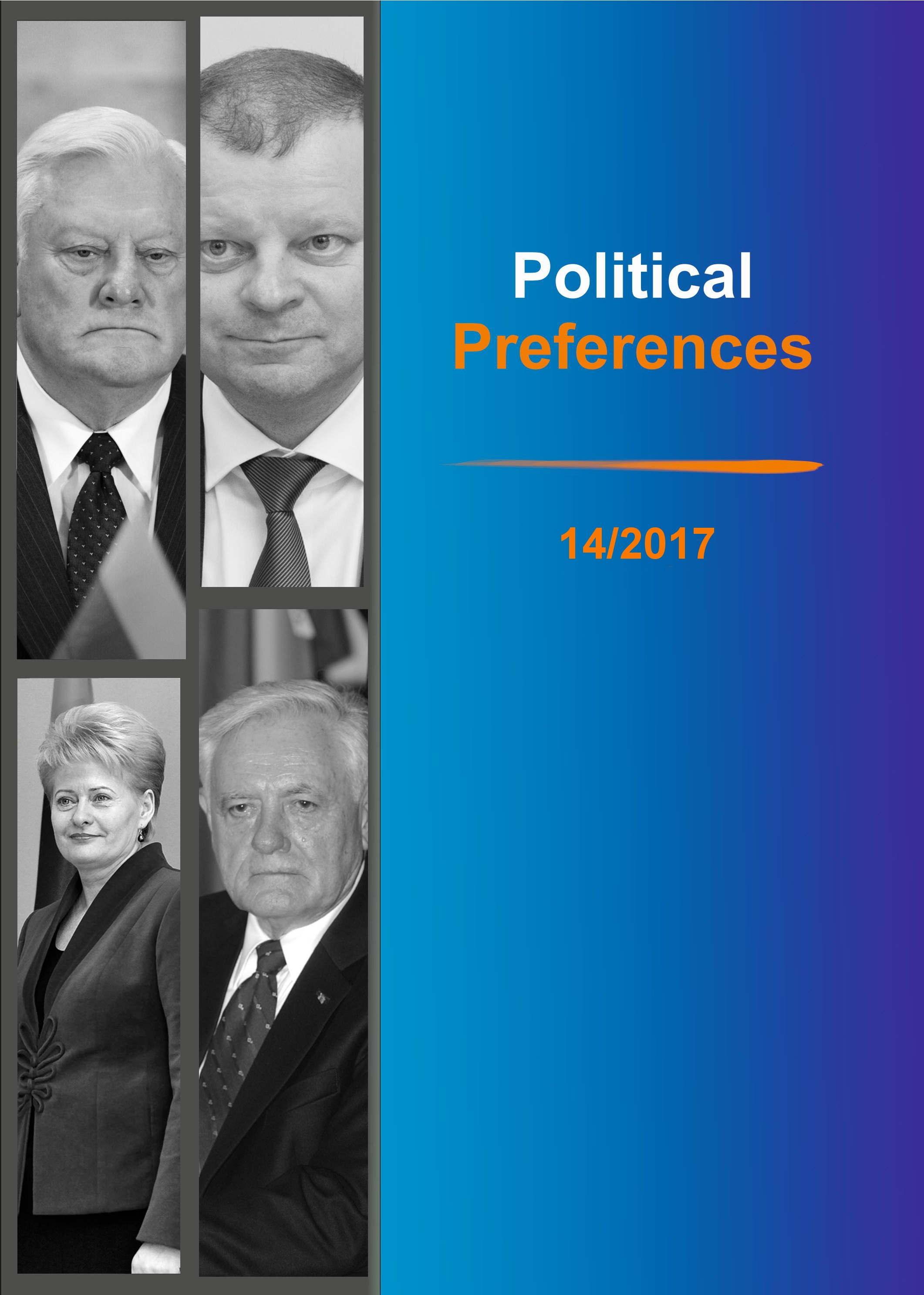Lithuania after Politics?
Lithuania after Politics?
Author(s): Andrius NavickasSubject(s): Politics / Political Sciences, Politics, Political Sciences
Published by: Wydawnictwo Uniwersytetu Śląskiego
Keywords: elections; anti-politics; consumer; citizen; parties
Summary/Abstract: The results of the Seimas elections in 2016 have revealed one of the greatesttransformations in Lithuanian party system since its formation in 1992. Though there aresimilarities between the political processes in Lithuania, Poland, Hungary and the CzechRepublic, it is important to stress important differences, which enable us to speak about theunique “Lithuanian way”.First of all, the new political group, which dominates in Lithuanian political system afterthe elections – Lithuanian Peasants and Green Union (LPGU), not only rejected the traditionpolitical continuum of “right-left” politics, but also does not fit into the main political cleavage in post-communist political system of Lithuania - between ex-communists and anti-communists.Secondly, the elections revealed a huge crisis of democracy based on political parties inLithuania. The dissatisfaction with parties, as the main actors in modern liberal democracy,constantly increases.Thirdly, we can speak about the decisive victory of anti-politics in Lithuania, themarginalization of political deliberations and political competence in the governance of thestate. This triumph of anti-politics in Lithuania is not the outcome of cultural tradition of antipolitics which was strong in Poland and Czechoslovakia during the 20th century (Havelka 2016), but rather a price which we have to pay for the invasion of consumptive mentality in political sphere.The main hypothesis of this article is that the triumph of anti-politics in Lithuania meansthe victory of “consumer” over “citizen” and it will cause the growing turmoil in political system of Lithuania.
Journal: Political Preferences
- Issue Year: 2017
- Issue No: 14
- Page Range: 99-114
- Page Count: 16
- Language: English

